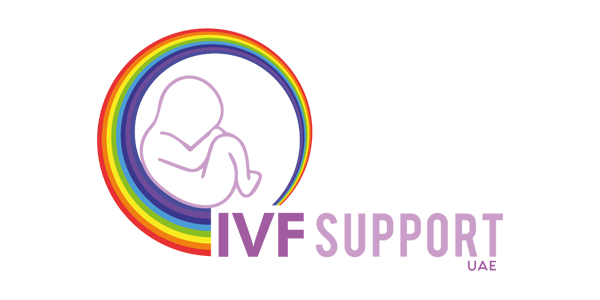Common questions about IVF with donor eggs
Home » Resources » Information Documents » Common questions about IVF with donor eggs
What are the screening tests done for the egg donor?
- Thorough assessments of the medical, sexual, and family history of the egg donors are carried out to minimise the risk of inherited disorders.
- Donors are tested for blood group, cytomegalovirus (CMV) status, chromosome analysis (i.e., karyotype) and certain genetic disease(s) like cystic fibrosis, thalassaemia or sickle cell.
- Screening for infectious diseases is done for all donors including HIV, Hepatitis B, Hepatitis C, Syphilis, Gonorrhoea, and Chlamydia.
- Implications counselling by a fertility counsellor is strongly recommended for all donors to discuss the ethical and psychosocial issues of donating eggs.
How is the egg recipient assessed?
- A thorough review of medical, reproductive, surgical, and mental history is undertaken.
- Laboratory testing includes blood type, antibody screen, thyroid function, and testing for diseases including HIV, Hepatitis B, Hepatitis C, Syphilis, Gonorrhea, Chlamydia, and Cytomegalovirus (CMV).
- The recipient and the partner, if applicable, must receive implications counselling by a fertility counsellor.
- If the recipient is over the age of 45 years, a more thorough evaluation should be done, including assessment of the heart, liver and kidney functions, and the risk of pregnancy-related diseases. Referral to a pre-conception clinic run by an obstetric consultant may also be advised.
- The male partner’s sperm should be assessed, and appropriate genetic screening should be obtained based on the history and ethnic background.
- The male partner should also be tested for blood type and diseases such as HIV, Hepatitis B, Hepatitis C, Syphilis, Gonorrhea, Chlamydia, and Cytomegalovirus (CMV).
How are egg donors selected?
- IVF with donor eggs may be undertaken with known or unknown donors.
- Egg donors should be of legal age in their state and preferably between the ages of 21 and 35 years.
- Anonymous donors are recruited through egg donation programmes or frozen egg banks, and are not known to the recipient.
- Known donors are generally a close friend or relative of the recipient.
- Recipients are given donors profiles to choose from. These include non-identifying details such as physical characteristics (hair and eye colour, height, weight, build, skin colour), ethnicity, blood group, career, education, and fertility history.
How successful is IVF with donor eggs?
Success rates for IVF with donor eggs depends on various factors, including the quality of the sperm, the quality of the donor eggs, the quality of the embryo(s) at the time of transfer, the age of the donor, and the recipient’s medical, fertility and obstetric histories.
Ready to start your journey?
Our commitment is to make fertility care accessible, successful and stress free for patients.
If you are ready to start your journey, book a consultation with one of our experienced fertility consultants.



